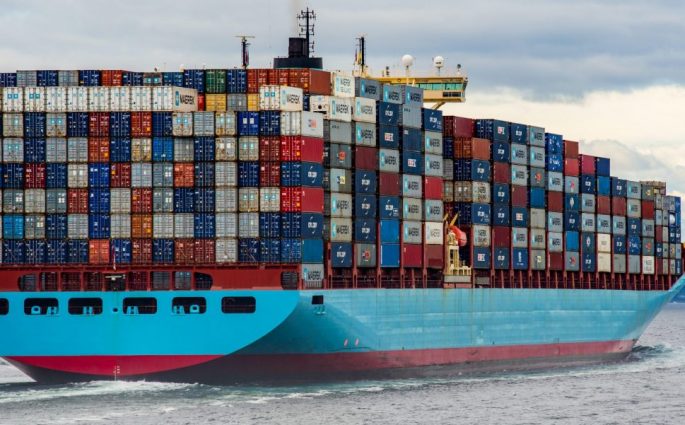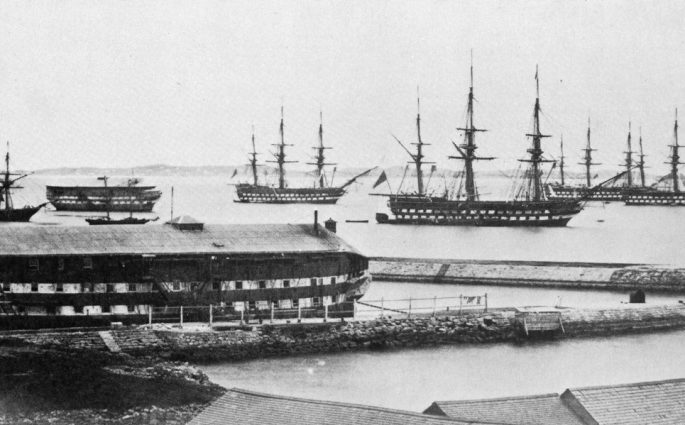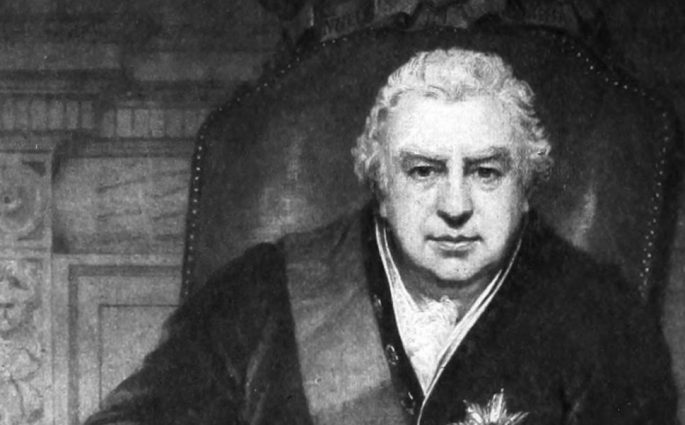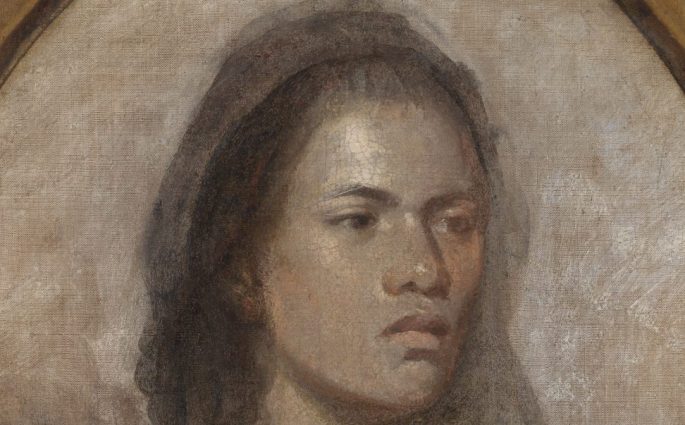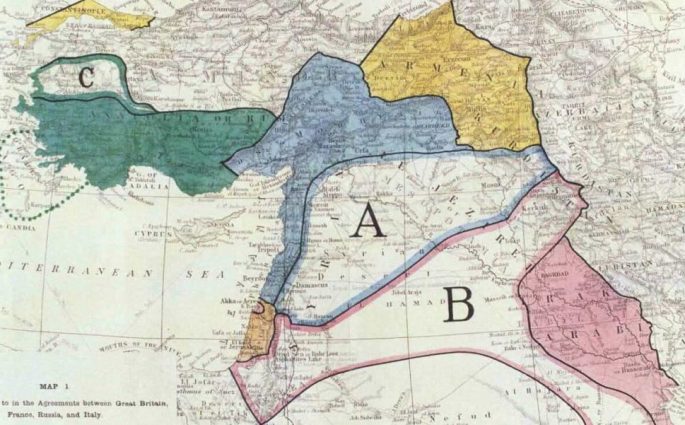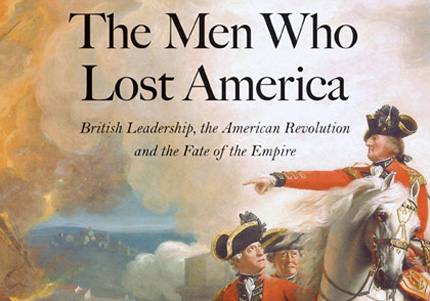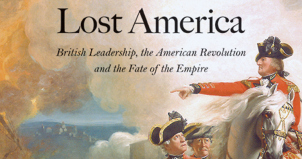Protecting Capitalism: The Past and Future of Empire
John Shovlin— For centuries, empires protected the commercial activity of Europeans overseas and secured their access to crucial resources and markets. Commerce requires protection to flourish, officials and merchants understood. At home, laws and courts assured capitalists’ property and governments blocked working-class threats to accumulation. States sought to protect merchants

